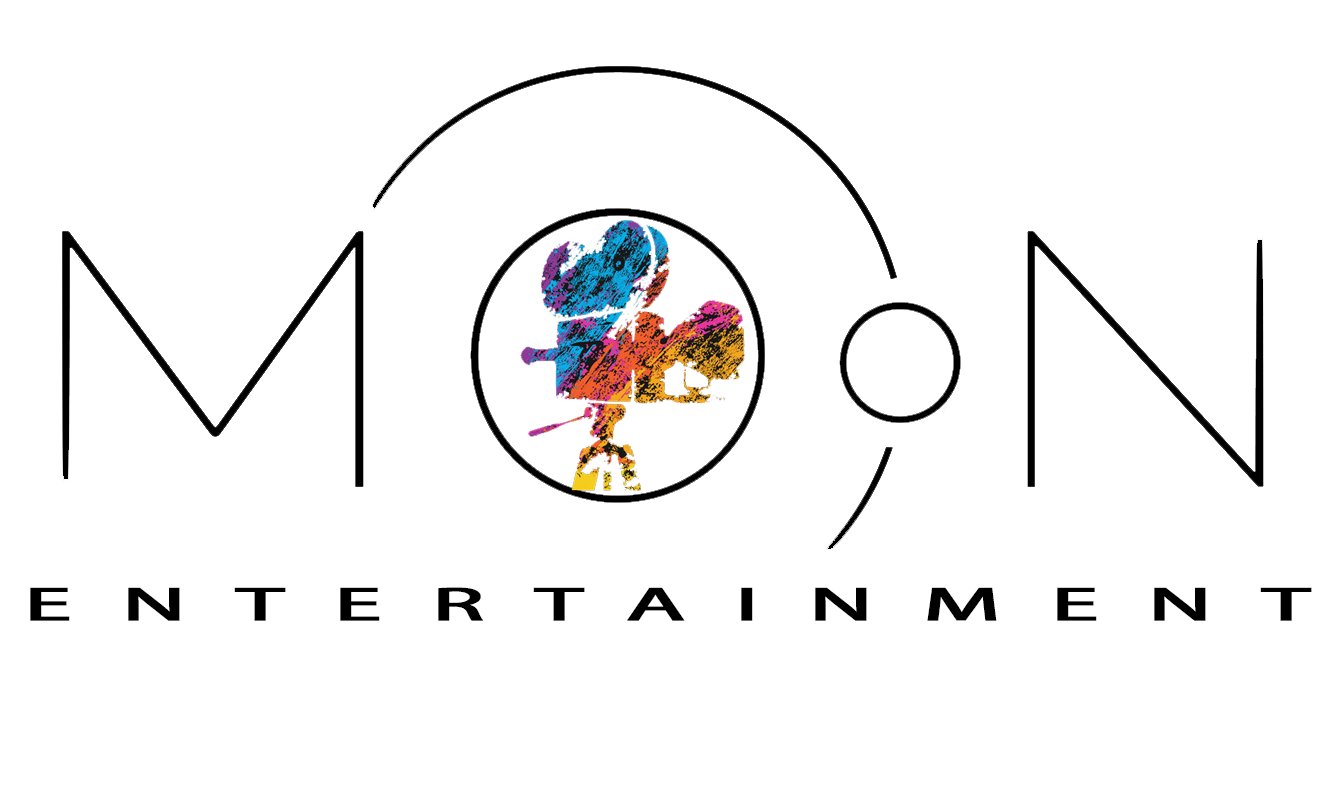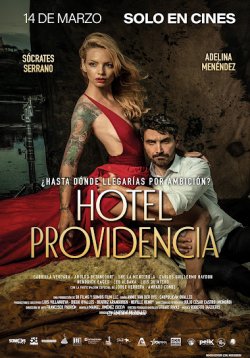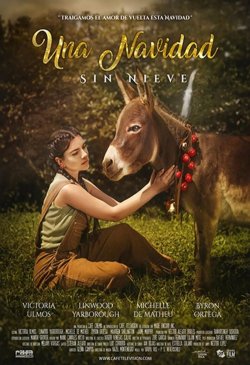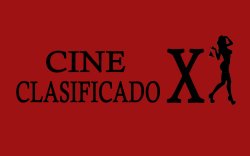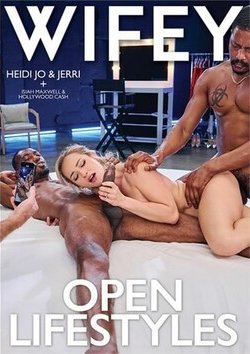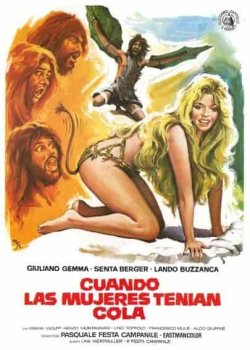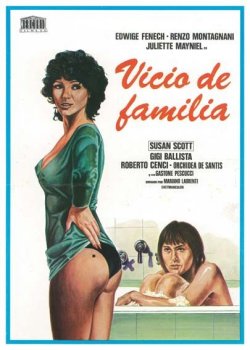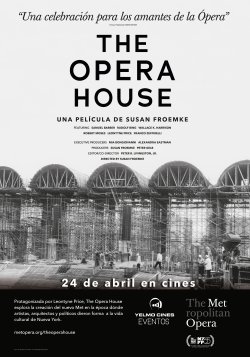 |
|
SINOPSIS
Narra la historia del Metropolitan Opera desde la inauguración de su sede en el Lincoln Center, en 1966. El documental cuenta la historia de un período notable del Metropolitan Opera y una época de grandes cambios en Nueva York...
INTÉRPRETES
JONAS DASSLER, JUDITH ENGEL, TOM GRAMENZ, MICHAEL GWISDEK, MAX HOPP, ROLF KANIES, BURGHART KLAUBNER, LENA KLENKE, DANIEL KRAUSS, FLORIAN LUKAS, ISAIAH MICHALSKI, RAINER REINERS, LEONARD SCHEICHER, GÖTZ SCHUBERT, JÖRDIS TRIEBEL
MÁS INFORMACIÓN DE INTERÉS
![]() CRITICA
CRITICA
![]() BANDA SONORA
BANDA SONORA
![]() CLIPS
CLIPS
![]() CÓMO SE HIZO
CÓMO SE HIZO
![]() VIDEO ENTREVISTAS
VIDEO ENTREVISTAS
![]() AUDIOS
AUDIOS
![]() PREMIERE
PREMIERE
MÁS DATOS...
 INFORMACIÓN EXCLUSIVA
INFORMACIÓN EXCLUSIVA
A partir de filmaciones e imágenes de archivo pocas veces vistas; entrevistas recientes y con banda sonora de Verdi, Puccini y Wagner, la película cuenta la creación de la casa del Met en Broadway y su traslado al Lincoln Center; en el contexto de los artistas, arquitectos y políticos que dieron forma a la vida cultural de la ciudad de Nueva York en los años 50 y 60.
Entre las figuras notales de la película se encuentra Rudolf Bing, el imperioso Gerente General del Met que diseñó el cambio de la casa vieja a la nueva; Robert Moses, el planificador imparable de la ciudad que arrasó con todo un vecindario para hacer espacio al Lincoln Center; y Wallace Harrison, cuya búsqueda de la gloria arquitectónica nunca alcanzó.
Pero es la conocida soprano americana Leontyne Price, retirada hace ya más de dos décadas, quien acapara el protagonismo de la cinta. Un icono indiscutible de la historia del MET desde que debutó en 1961, en lo que ella considera “el templo de la ópera”, cantando Leonora en la obra de Verdi “Il Trovatore”. Fue la encargada de la apertura en 1966 de la nueva Metropolitan Opera House, Interpretando la primma donna grandeur en la obra de Samuel Barber, Antonio y Cleopatra, con libreto escrito por el director cinematográfico y de ópera Franco Zeffirelli.
A sus 90 años Price nunca pensó que sería una estrella de cine, pero cuando la directora Susan Froemke mantuvo una entrevista con ella, previa a la grabación, y escuchó su relato tal y como Price lo recuerda, contado de manera muy amena pero todavía con mucha nostalgia y emoción, no dudó en que ahí tenía una película y que la soprano sería una de sus principales protagonistas.
El documental recoge además varias anécdotas en torno al proyecto e inauguración del Lincoln Center: la historia de las famosas lámparas de candelabros llamadas cariñosamente “sputniks” (como el satélite ruso) que tienen su protagonismo cada vez que se ilumina el escenario con una nueva producción. O como el debut de la soprano Leontyne Price en el que falló uno de los escenarios móviles, quedando ella atrapada sin poder salir de dentro de la estructura y peligrando por un momento toda la carrera musical de la recién estrenada sede del Metropolitan Opera House.
BACKGROUND TO THE FILM...
Fifty years ago on September 16, 1966, the Metropolitan Opera opened the doors to its new home at Lincoln Center. Met General Manager Rudolf Bing presided over the most anticipated date on the New York cultural calendar with the Met’s world premiere of Barber’s Antony and Cleopatra. Leontyne Price commanded the stage and the city’s luminaries and powerbrokers mingled beneath multi-story murals painted for the new house by Marc Chagall. John D. Rockefeller III welcomed an illustrious audience that included former First Lady of the United States Lady Bird Johnson and her guests Ferdinand and Imelda Marcos, as well as leading statesmen: Vanderbilts, Whitneys, and Astors. As the headline of the New York Times read the next morning, “New Metropolitan Opera House Opens in a Crescendo of Splendor.”
As early as 1908, the Metropolitan Opera began planning for a new home that would provide the company with a cutting-edge modern theater to compliment the golden era of singers appearing on its stage. The momentous opening of the Met at Lincoln Center nearly half a century later owed its success to a perfect storm of cultural and political forces. Robert Moses, the most powerful figure shaping the landscape of 20th century New York City, wanted the slums of the Upper West Side cleared as part of Title 1 urban renewal. Rockefeller envisioned the first modern American cultural campus and had the money to fund it. All that was needed was a lead institution to anchor the development and secure its success. Star architect Wallace K. Harrison, who cut his teeth on Rockefeller Center and oversaw the design of the United Nations, was tapped for the project. The Metropolitan Opera would finally have a new home.
The film draws on the rich archival resources of the city of New York, Lincoln Center, Metropolitan Opera, news organizations, and private libraries for footage of the planning and construction of the new Met. The film also looks to cultural programming of the day such as the Bell Telephone Hour network special “Countdown to Curtain,” which documented the planning and production of the Met’s historic opening night.
ABOUT THE DIRECTOR...
Susan Froemke is a non-fiction filmmaker with more than thirty documentaries to her credit, from the classic Grey Gardens (1976) to Lalee’s Kin (2001), an HBO film on poverty nominated for an Academy Award, and Rancher, Farmer, Fisherman (2017), which premiered at Sundance Film Festival. She was the principal filmmaker at legendary Maysles Films in New York for more than two decades.
In 2013, Froemke co-directed, with Matthew Heineman, Escape Fire: The Fight to Rescue American Healthcare, which premiered at Sundance in 2013. For HBO, Froemke co-produced two special-event series: Momentum in Science: The Alzheimer’s Project (2009) and Addiction (2007), an unprecedented 14-part documentary series about drug and alcohol addiction, which won the Television Academy’s 2007 Governors Award for Special Programming.
Before starting her own production company in 2003, Froemke ran Maysles Films in New York after the death of David Maysles. She has long been a disciple of direct cinema, a style of filmmaking pioneered in the 1960s by the Maysles Brothers. Like cinema verité in France, direct cinema presents the drama of real life as it unfolds before the camera with minimal intervention.
Froemke produced and co-directed, among many other films, Christo in Paris (1990), an updated version of The Beatles: The First U.S. Visit (1991), Conversations with the Rolling Stones (1994) and—for the J. Paul Getty Trust—Concert of Wills: Making the Getty Center (1997), about the enormous Los Angeles arts complex designed by renowned architect Richard Meier.
Previously, for HBO, Froemke directed Abortion: Desperate Choices (1992), which earned her an Emmy, a Peabody Award, and a duPont-Columbia Award, and Letting Go: A Hospice Journey (1996). For Lifetime Television, Froemke directed 100 Years of Women (1999) and Fear No More: Stop Violence Against Women (2001).
Froemke produced The Opera House with Peter Gelb, the current General Manager of the Met. Froemke and Gelb have been collaborating on music documentary films since 1985, beginning with Ozawa, a look at the life of conductor Seiji Ozawa. Since then, their films together have included Vladimir Horowitz: The Last Romantic (1985), Horowitz Plays Mozart (1987), Karajan in Salzburg (1988), The Met in Japan (1989), Jessye Norman Sings Carmen (1989), Soldiers of Music: Rostropovich Returns to Russia (1991), Abbado in Berlin: The First Year (1991), Baroque Duet (1992) with Kathleen Battle and Wynton Marsalis, Accent on the Offbeat (1994) with Peter Martins and Wynton Marsalis, and the Grammy Award–winning Recording The Producers: A Musical Romp with Mel Brooks (2001). At the Met, they have worked together on The Audition (2009), about aspiring young opera singers, James Levine: America's Maestro (2011), an American Masters presentation on PBS, and Wagner’s Dream (2012), about the making of the Met’s Ring cycle.
 GALERÍA DE FOTOS
GALERÍA DE FOTOS
https://cineymax.es/estrenos/fichas/119-t/121271-the-opera-house-2017#sigProIda6f7c5635e




